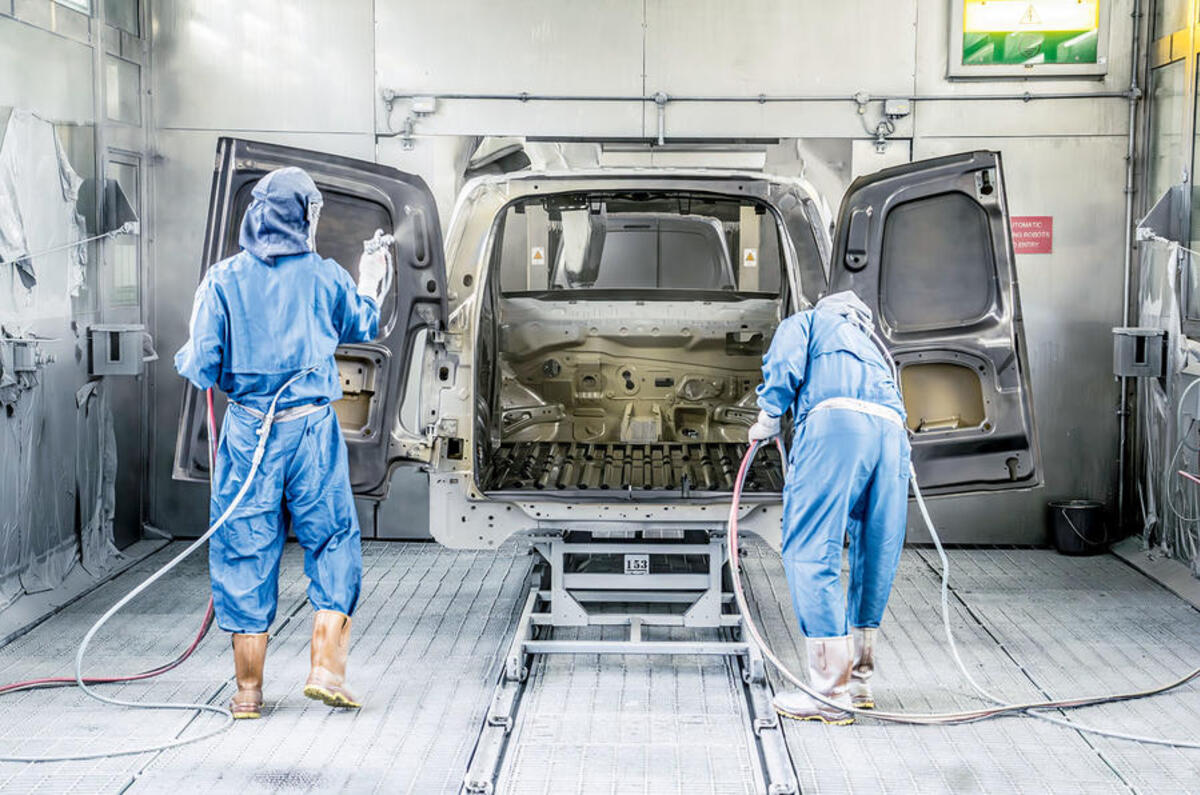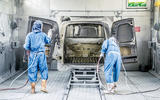In the shadow of the Stanlow oil refinery, visible from the M53 as the motorway passes through Ellesmere Port on its way to Liverpool, they’re building the future – an electric future.
Vauxhall began manufacturing cars here in 1964. It stopped doing so in April 2022. Now, less than 18 months later, following a £100 million refit, the factory has begun making electric vans for Stellantis’s Citroën, Fiat, Opel, Peugeot and Vauxhall brands.





















Add your comment